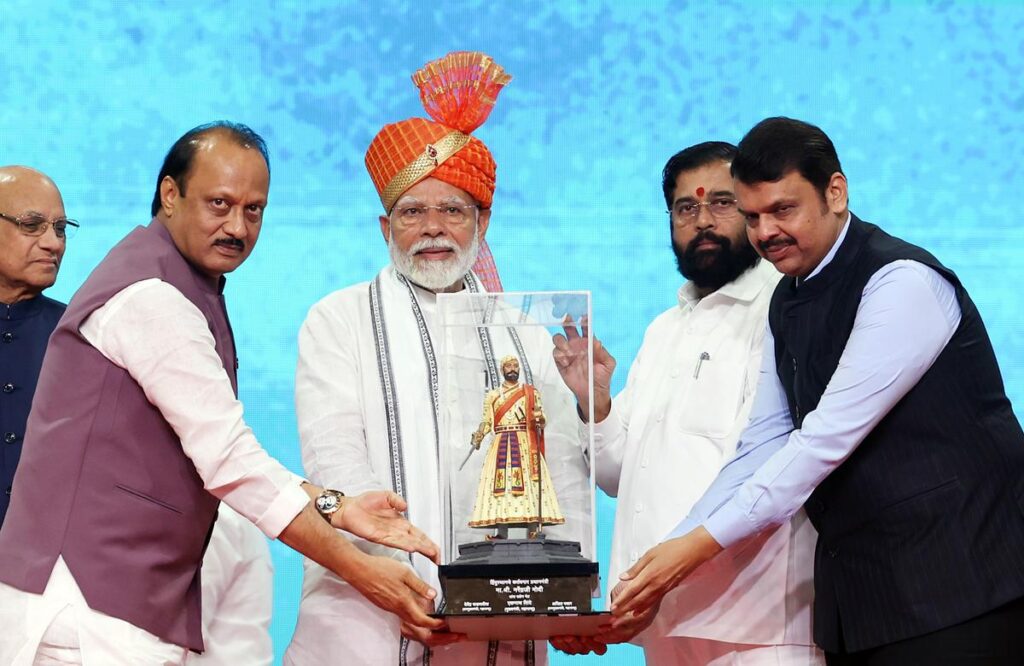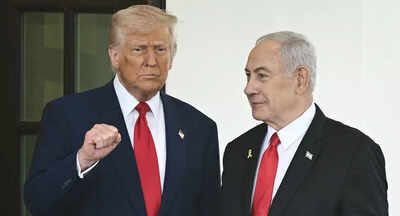Congress has escalated tensions in Maharashtra politics by calling for a formal investigation into allegations that the Bharatiya Janata Party (BJP) utilized coercive tactics to induce Ajit Pawar, leader of the Nationalist Congress Party (NCP), into its fold. The party’s demand comes amid growing concerns about the integrity of political processes in the state, particularly regarding how political alliances are formed and maintained.
Congress spokespersons have been vocal in expressing their apprehensions about the BJP’s political maneuvers, which they argue undermine democratic principles. They assert that the BJP has engaged in unethical practices to manipulate political allegiances, especially targeting key leaders like Pawar. This accusation follows Pawar’s unexpected decision to join the NDA coalition government, raising eyebrows among political analysts and opponents alike.
The political landscape in Maharashtra has been fraught with turbulence, especially since the BJP’s alliance with Shiv Sena factions led to a significant shift in power dynamics. Ajit Pawar’s decision to realign himself with the BJP is seen as a pivotal moment, leading many to speculate about the motivations behind such a strategic move. Congress has cited various reports and testimonies from political insiders, alleging that Pawar may have faced undue pressure to switch allegiances, including threats to his political career and potential legal consequences.
Pawar, who has held significant sway in Maharashtra politics, especially within the NCP, had long been perceived as a staunch opponent of the BJP. His abrupt shift has prompted questions about his long-standing political ideologies and alliances. Congress leaders argue that this move not only jeopardizes the political stability of Maharashtra but also sets a worrying precedent for future political interactions, where coercion and intimidation might overshadow democratic engagement.
The Congress party’s demands for an inquiry are not merely about Ajit Pawar’s shift in allegiance; they reflect broader concerns regarding the BJP’s increasing dominance in Indian politics. Critics have frequently accused the BJP of employing aggressive tactics to consolidate power, raising alarms about the potential erosion of democratic values. The Congress party has framed the call for an investigation as a necessary step to ensure transparency and uphold the integrity of political processes in Maharashtra.
Political analysts note that Ajit Pawar’s move to ally with the BJP may have been influenced by various factors, including internal party dynamics and the BJP’s promise of substantial political power and influence. However, the lack of clarity surrounding the circumstances of this shift has prompted skepticism among voters and party members alike. Some insiders suggest that Pawar’s previous commitments to opposing the BJP were genuine, and his current alignment raises questions about his political integrity and motivations.
In response to the Congress’s allegations, BJP leaders have dismissed the claims as unfounded, arguing that Pawar’s decision was voluntary and based on a strategic assessment of the political landscape. They assert that the BJP remains committed to fostering democratic processes and that alliances are formed based on mutual interests rather than coercive practices. BJP spokespersons have emphasized that political realignments are a common occurrence in Indian politics, driven by the ever-evolving dynamics of electoral competition.
The impact of this political development is being closely monitored, as it has potential ramifications for upcoming elections in Maharashtra. Voters are likely to scrutinize the motivations behind political alliances, especially in the wake of allegations regarding coercion and manipulation. The Congress party’s push for an inquiry may resonate with segments of the electorate that value integrity and transparency in governance.
Looking ahead, the situation continues to evolve, with various stakeholders within Maharashtra’s political sphere weighing in on the unfolding drama. Both Congress and BJP are preparing for potential fallout from the controversy, each strategizing on how best to leverage the narrative in their favor as they approach future electoral battles.
The implications of this controversy extend beyond the immediate political landscape. They touch upon broader issues concerning political ethics, accountability, and the role of external influences in shaping party dynamics. As Congress pushes for an inquiry into the BJP’s alleged practices, the discourse surrounding political conduct in Maharashtra is likely to intensify, engaging both political analysts and the general public.




 Siddaramaiah Directs Farmers’ Notices Withdrawal on Waqf Land Issue
Siddaramaiah Directs Farmers’ Notices Withdrawal on Waqf Land Issue 